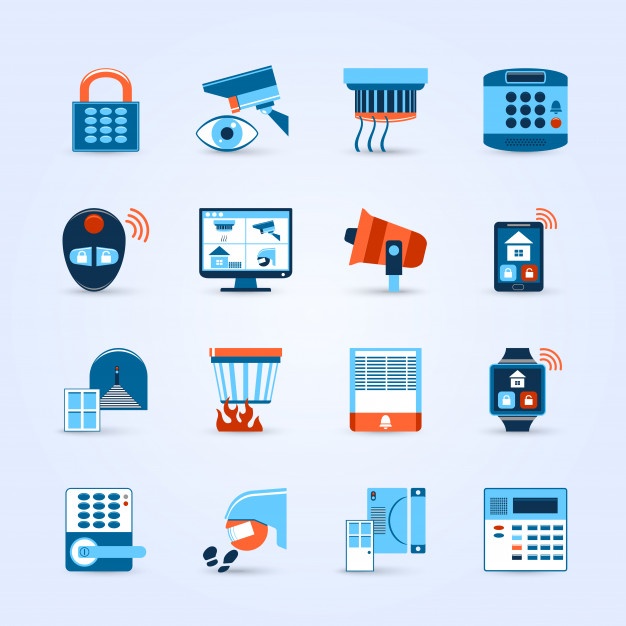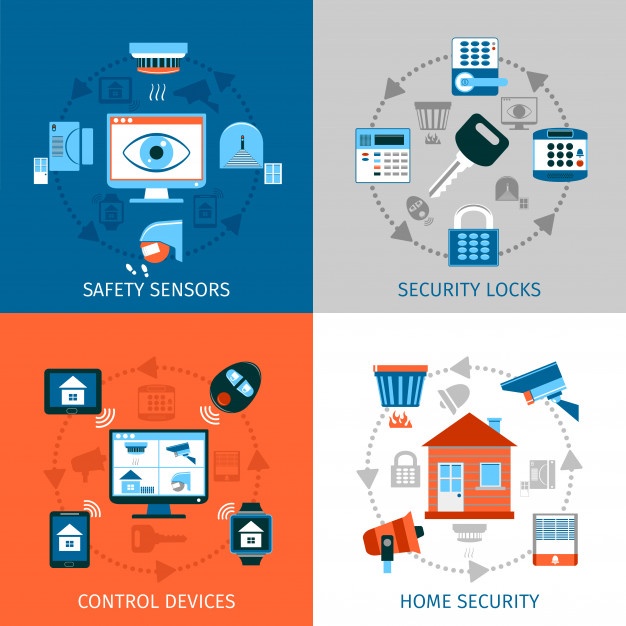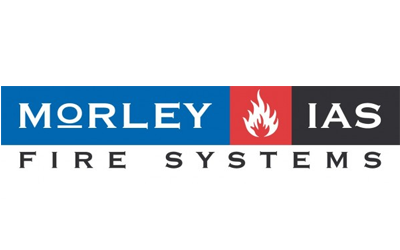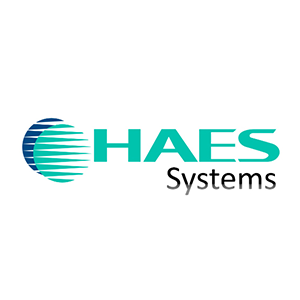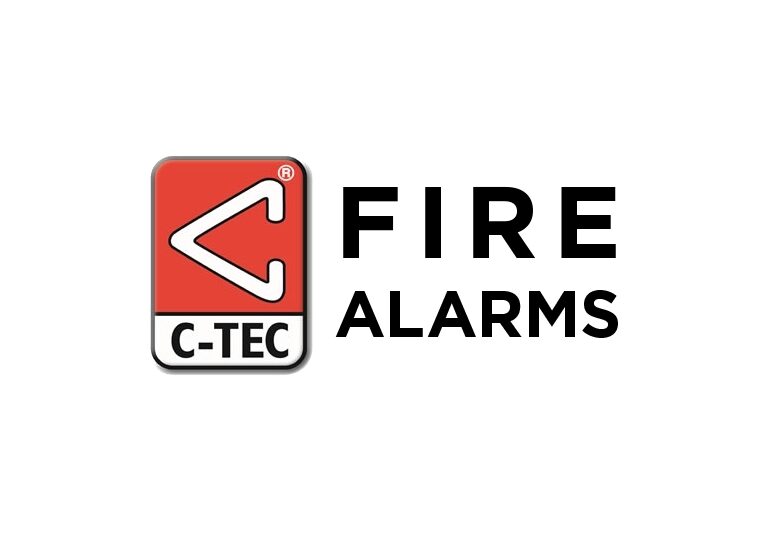Fire Alarms
Installation, Maintenance and Repairs
Fire alarms provide a sense of security and safety to any home or business owner. Whether you are protecting your home or commercial space, installing a fire alarm system is an excellent first step to protecting your property.
A fire alarm system can help protect what matters most to you. In addition, alarm systems are excellent deterrents to criminals.
As well as the peace of mind that comes with knowing you have a safe electrical system. My DPS electricians will also be able to carry out a range of repairs on the wiring. Call upon our electrician services to help restore your property after it has suffered damage due to a fire.
We can offer an initial safety check of your electrical system. You can arrange this simultaneously by booking an electrician service for any repairs or maintenance work you might need doing.
Fire alarm services for homes and businesses across London and the surrounding areas
My Direct Property Services provide fire alarm services across London and the surrounding areas, offering installations, repairs, and maintenance. So if you are looking for the best fire alarm company in your area, look no further than My Direct Property Services.
With more appliances and devices requiring electricity, the risk of fire has never been as high.
Our fire alarm services are used by homeowners, tenants and landlords, as well as businesses. In addition, fire alarm services are needed for both safety, government legislation and practical purposes.
As a London based fire alarm service provider, My-DPS can ensure that all work is performed to the highest safety standards possible. Our engineers are highly skilled and fully vetted, so you know you are in safe hands.
Fire alarms for landlords and home movers
Government regulations require every private rented property to be fitted with smoke alarms and carbon monoxide alarms. The minimum requirement is to install one smoke alarm on every storey of the rental property on which there is a room used wholly or partly as living accommodation.
You can find out more information regarding government regulations for smoke and carbon monoxide alarms for privately rented properties here: The Smoke and Carbon Monoxide Alarm Regulations 2015: Q&A booklet for the private rented sector – landlords and tenants
A tenanted property requires a valid Electrical Installation Condition Report or EICR. An Electrical Installation Condition Report or EICR ensures that all electrical installations in the property, such as light fixtures and electrical sockets, are safe before the tenant or homeowner moves in.
If the property does not pass the EICR you have 28 days to rectify the problems. Should you not correct the issues, you risk a fine of £5,000 for first offenders and up to £30,000 for anyone who offends more than once.
Fire alarm systems
Mains powered interlinked smoke and heat alarms
Wireless interlinked smoke alarms
Interlinked battery smoke alarms
Meet safety needs and comply with the law
Conventional fire alarm system
Two-way fire systems
Addressable fire systems
Disabled refuge systems
Power supplies
House in Multiple Occupation ( HMO )
Emergency lighting
Shut off systems
Shut off systems
Analogue-addressable fire alarm system
Interlinked smoke detectors
Radio interlinked smoke alarms
Required to validate your business insurance
Reduce your carbon footprint
Domestic fire systems
Evacuation alerts systems
Accessible WC alarms
Hearing loop systems
Fire extinguishers
Fire risk assessments
Fire alarm maintenance contracts
Control panels installation and services
What are the 5 main types of fire alarm systems?
With a conventional fire alarm system, there is one central fire alarm control panel. In addition, the conventional fire alarm system is connected by wires to various zones. Zones generally refer to each level of a building, meaning if a fire begins, the location can be quickly identified, allowing the fire brigade to direct their efforts towards the fire’s starting point. The main control panel is also connected to two sounder circuits that send out a loud warning sound/bell if a fire is detected.
Analogue addressable fire alarm systems are more complex and tend to be used for large buildings. The control panel is wired up to detectors throughout the building. A standard analogue system, do not determine whether there is a fire or fault. Instead, this is determined by the central control unit, meaning accuracy may not be as high.
An intelligent analogue system has a computer and can determine whether there is a fire or fault and is communicated to the main control panel. Each detector has its unique address, meaning the location of the fire can be identified quickly by the control panel. Different loop versions are available with the analogue fire alarm system, therefore, addressing the needs of various sized locations.
Wireless fire alarm systems make use of radio communications to link all devices to the main controllers. Radio signals are sent to the central controller should heat or smoke be detected, which is essentially an analogue addressable fire alarm system without cables; therefore, the same benefits apply.
An aspirating system enables smoke to be detected in the very early stages of a fire, which could help stop the potential spread of fire. The air sampling system samples air through pipes/tubes. It draws it towards the aspirating system, allowing it to detect smoke.
The main benefit of an aspirating fire alarm is its sensitivity, which allows smoke to be detected at the very early stages, potentially preventing widespread destruction.
Hybrid alarms combine the features of a conventional fire alarm with addressable fire alarms into a single panel. In addition, the integrated technology fits some of the settings better than either the addressable or the conventional alarm.
Why use My-DPS engineers?
Industry Qualified Team
40+ Years Experience
Affordable Pricing
Professional Service
Wide Range of Services
Electrical Experts
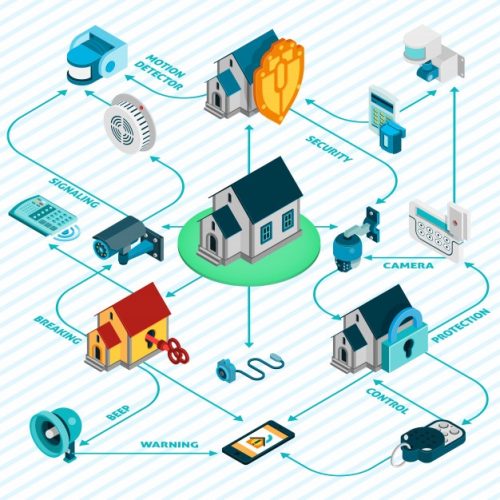
Commercial and industrial fire alarm services
Our commercial and industrial electrical services include:
- Panel Upgrades
- Breakers and Fuses
- Code Corrections
- Outlets, Circuits & Rewiring
- Electrical vehicle car charging
- Indoor and Outdoor Lighting
- Data/Communication/Network Lines
- Electrical Installations
- Fire Alarms
- Load analysis
- PAT Testing
- Eco-Friendly Lighting
- Emergency Lighting
- Exterior Lighting Installations
- Power Factor Correction
- Fixed Wire Testing and Inspection
- On-Site Maintenance
- Energy Reduction Service
- Three Phase Electrical Installations
- Single Phase Electrical Installation
- Industrial electrical control systems
- Regular Electrical Requirement
- High-Voltage Equipment
